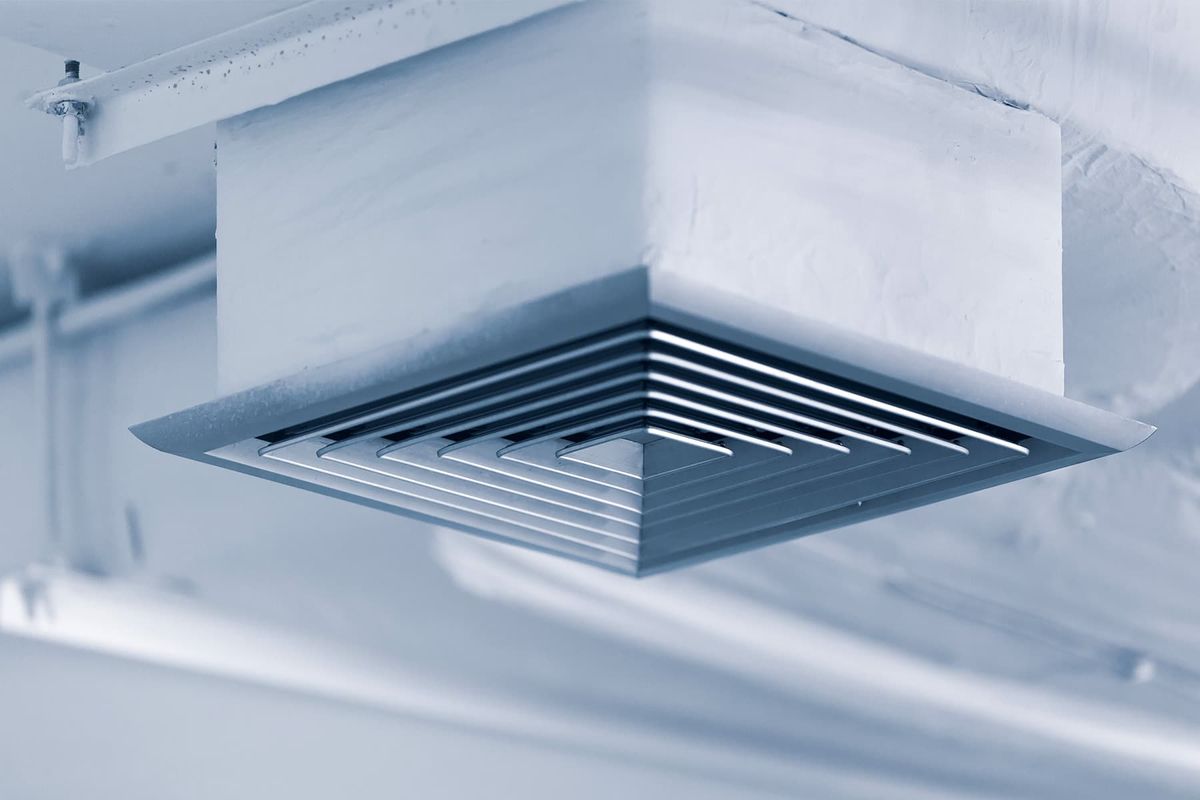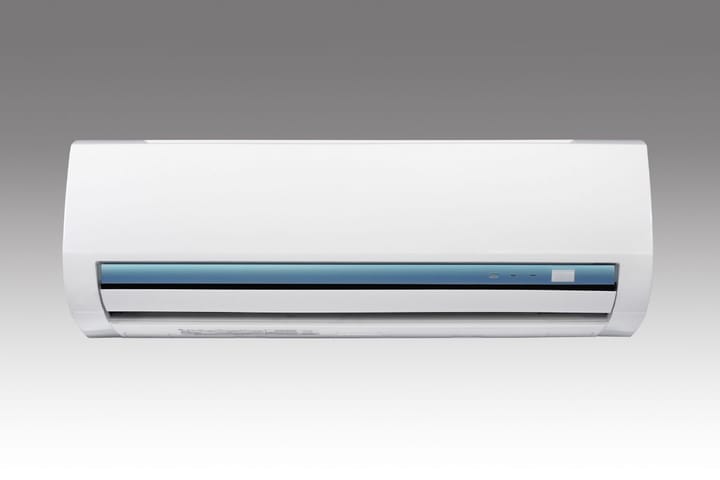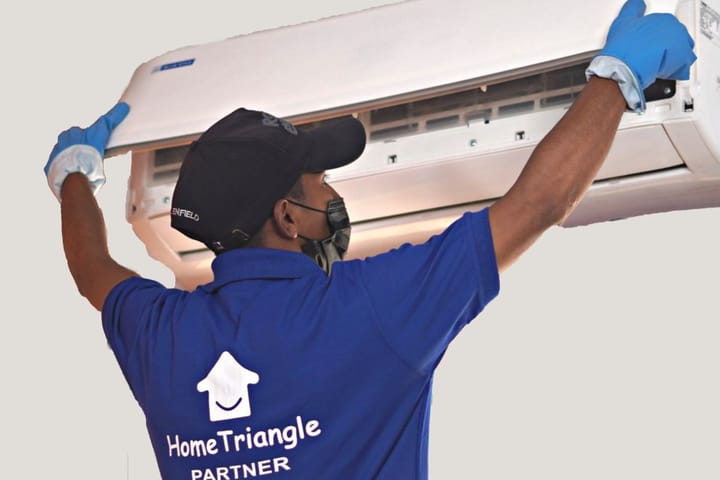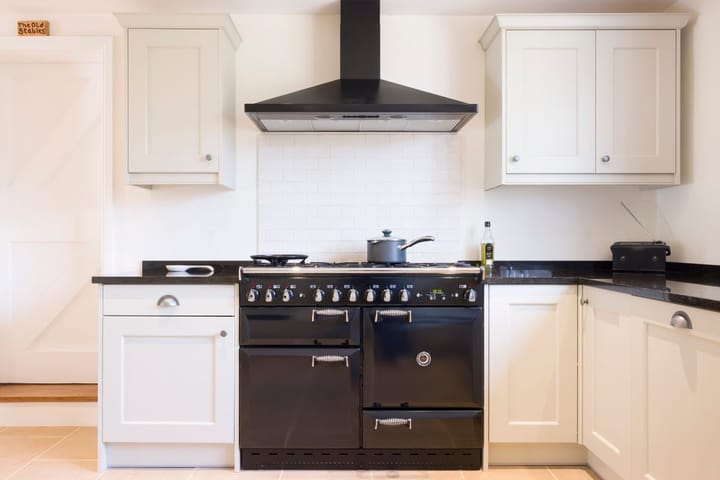The Effect of Air Conditioning Grilles & Vents on Home Temperature
Anyone who owns an HVAC system has noticed temperature swings as the season's change. Your living room is nice and toasty one minute; then, it's unbearably hot the next.

Anyone who owns an HVAC system has noticed temperature swings as the season's change. Your living room is nice and toasty one minute; then, it's unbearably hot the next.
It is entirely normal, and these issues are quickly resolved with some knowledge and by adjusting your air conditioning grilles and vents.
So, this article helps you understand HVAC systems and describes various effects of air conditioning grilles.
How HVAC systems work to regulate temperature
An HVAC unit outside the home regulates the indoor temperature using electricity and coolant. The conduit that allows air to flow through grilles and vents throughout your home is called ductwork.
The thermostat is the heart of the HVAC system: it controls power, temperature, and any additional features you may have installed.
Here's how the system works to keep your home cool during the summer:
Your home retains heat during the day. This heat rises and warms the upper floors if you have multiple floors. However, you could solve the issue with a fan, but the cooling effect would only last momentarily. A fan circulates air in a space; it does not reduce the temperature. Conversely, an HVAC system removes heat from your home's interior and distributes it throughout the building to cool the interior. You can adjust the grille and vents of the HVAC system as per the requirement. These air conditioning and vents have numerous effects on room temperature; some of them are:
1. Provide ideal airflow
Choosing a suitable grille for the job is critical if you want optimal airflow. Because the direction of the air does not matter, return air grille 26 works best in conjunction with fixed grilles. However, for supply grilles, you'll want an adjustable grille to distribute air evenly throughout the room.
In the summer, if you angle your adjustable grille toward the ceiling, cold air will naturally fall to cool the room. However, turn the grille down in the winter to allow the heat to rise naturally. It saves energy and money in the long run because your HVAC system can circulate air more evenly and efficiently.
Regarding energy efficiency and airflow, it's best to reduce the airflow of your HVAC system if you close off vents in unused rooms. Closing an air vent without reducing airflow redirects excess airflow to other areas of your home, leading to leakage and energy waste and contributing to long-term damage.
2. Avoid Burst Ducts
Closed air vents can cause ductwork to burst or leak, affecting the desired home temperature. The average home already loses 20 to 30 percent of its air through minute leaks and poor ductwork connections. Significantly, the pressure increases when the registers in empty rooms are closed, and those tiny leaks become serious problems.
Duct leaks direct air from your living space to places you don't want it to go, such as outside, the attic, or crawl space. You should be gentle on your ducts if you want to enjoy the appropriate amount of heating and cooling that your family is accustomed to.
3. Restrict Mould Growth
Condensation occurs when you shut down any of your HVAC system's registers due to lower surface temperatures in those unused rooms. It supports the growth of mildew and Mould, which would start smelling with time and affect the fresh air circulation within the house.
While Mould is an annoyance, it is usually simple to control in the home. When it's hiding behind air vents inside the ductwork, your only option is to call in the experts. Keeping the air vents open will help keep things dry. As a result, you'll keep moisture and harmful Mould spores away from your family that can affect their health when they breathe them in.
4. Maintain Efficiency
You probably bought your air conditioner or heater after weighing all your options and selecting the most efficient model according to your budget, so why jeopardize its Efficiency? Your HVAC system is perfectly sized to condition the space in your home, and closing the vents does nothing to help.
Rather than assisting the air conditioner in cooling more efficiently, closed registers force the same amount of air through other ducts. It increases system pressure and makes your HVAC system work harder to distribute air where needed, affecting the air conditioner's performance and temperature distribution.
5. Avoid System Damage
According to research, closing too many registers in the home restricts airflow to the point where the system's coils freeze, causing the compressor to fail. If you damage the compressor, you must repair or replace it before your system can operate at peak efficiency again.
In some cases, the damage may cause your HVAC system to stop working. As a result, the home temperature would be interfered with, and your family may be affected while you await an emergency HVAC repair service.
6. Keep Away Carbon Monoxide
All of the above issues annoy your family's comfort and your wallet, but the risk of carbon monoxide is no laughing matter. Closed air vents in unused rooms make it much easier for the heat exchanger to crack, allowing deadly carbon monoxide into the home.
Carbon monoxide is an odorless, colorless, and tasteless gas that humans cannot detect. It is denser than oxygen and displaces oxygen in the blood when inhaled, depriving the brain, heart, and other vital organs of oxygen.
Significantly, since it's denser, it tends to displace the oxygen in the room affecting the room temperature. Also, the gas can overpower you unexpectedly. Ensure that your home has a carbon monoxide detector and open-air vents to ensure proper ventilation.
7. Balances Air Pressure
When the vents to your HVAC system and the supply vent are closed, the same amount of air is not supplied back to the room, which may result in low air pressure within the closed space. Air from outside can seep into small cracks, gaps, or holes in windows or doors as the air pressure inside the room decreases.
It can cause the temperature inside your home to fluctuate depending on the outside temperature. It can also result in lower indoor air quality, impacting the household residents' health.
Conclusion
Consider upgrading to a multi-zone HVAC system instead of closing the vents. Significantly, the homeowner will be able to control the temperatures in individual rooms. It could imply having a separate zone and thermostat for each home area, such as your upstairs or downstairs. If installing a multi-zone HVAC system is prohibitively expensive, planned maintenance is an alternative. An air filter becomes more efficient as it ages, but it also increases the resistance in your system and reduces airflow in your home. It would be best to have your furnace cleaned every few years, and all ducts should be tightly sealed.




Comments ()